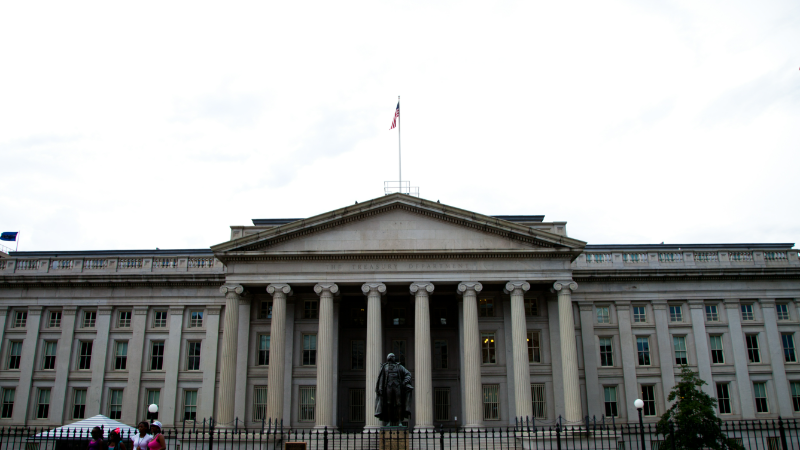The U.S. Department of Treasury's Office of Foreign Asset Control (OFAC) sanctioned the cryptocurrency mixer Blender on May 6 for supporting the malicious activities of the Democratic People's Republic of Korea (DPRK) in money-laundering stolen virtual currency.
On March 23, 2022, the country's notorious hacking group, the Lazarus Group, carried out the biggest cryptocurrency heist in history, which involved the theft of over $620 million worth of digital currency. Through its partnership with Blender, the group could process over $20 million of the illicit proceeds.
Due to the growing pressure from the U.N. and the U.S., the Democratic People's Republic of Korea has resorted to various illicit activities, such as cyber-enabled heists and financial transactions. These activities have been used to fund its weapons of mass destruction programs.
First-ever sanction on virtual currency mixer
In response to the growing threat from North Korea, the U.S. Department of Treasury sanctioned the first-ever virtual currency mixer on May 6. This activity highlights the department's efforts to combat the country's illicit financial activities.
According to Brian Nelson, the Treasury's Under Secretary for Financial Intelligence, virtual currency to facilitate illegal transactions poses a threat to national security interests.



The Department of Treasury also launched a new list of targeted individuals and entities involved in the laundering of illicit proceeds through virtual currency. These include the individuals and entities known to be involved in the operations of the Lazarus Group.
On September 13, 2019, the U.S. Department of Treasury's Office of Foreign Asset Control (OFAC) designated the group as a government agency or instrumentality of North Korea. It was based on its relationship with the country's intelligence agency, the Reconnaissance General Bureau. The organization is also involved in the conventional arms trade.
What OFAC wants
Due to the actions taken by the Department of Treasury, the property and interests of the entities and individuals associated with the company known as Blender.io were blocked. These actions are required to be reported to OFAC.
Aside from the individuals and entities associated with the company, the Department of Treasury also blocked the property and interests of other entities that are owned or indirectly controlled by one or more of the blacklisted individuals. Doing business with these entities or individuals is prohibited unless they have a specific license issued by OFAC.
Doing business with these entities or individuals is prohibited unless they have a specific license issued by OFAC. The department also prohibits the making of contributions or providing services to any of the blacklisted individuals.
Silver lining
Although virtual currency transactions are generally considered licit, criminal organizations can still use them to carry out illicit activities, such as money laundering and sanctions evasion. This includes the facilitation of various cybercrimes such as ransomware.
Through its various authorities, the Department of Treasury has successfully disrupted the financial nodes used by criminal organizations to carry out their activities. These nodes are also used to carry out cyber-attacks and illicit payments.
In addition to being involved in anti-money-laundering activities, the virtual currency industry is also expected to play a vital role in preventing the actions of sanctioned individuals and groups from using its platform to undermine the country's foreign and national security interests.



